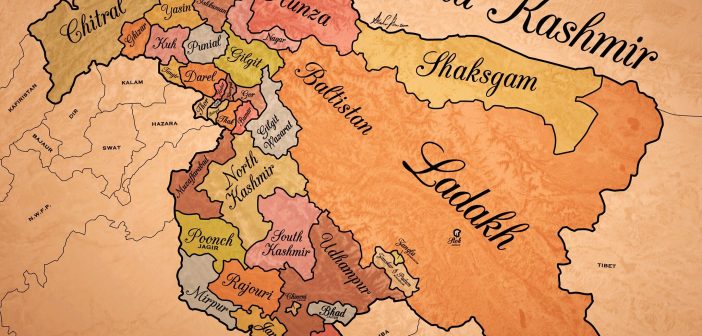The forthcoming Jammu and Kashmir (J&K) Assembly elections, set to take place across three phases between September 18 and October 1, 2024, represent a pivotal moment for the region and the country as a whole. These elections are the first to be held since the abrogation of Article 370 in 2019, which transformed the region from a semi-autonomous state into two Union Territories: Jammu and Kashmir, and Ladakh. The elections hold profound significance for J&K’s political landscape, the broader integration of the region into India, and the political fortunes of all contesting parties.
The Historical Context and Current Landscape
The last J&K Assembly elections occurred in 2014, with the government collapsing in 2018 when the BJP withdrew support from the People’s Democratic Party (PDP) coalition. Following this, in 2019, the Indian government abrogated Article 370 and Article 35A, stripping J&K of its special status and bringing it under direct control from New Delhi. The upcoming elections, thus, are the first opportunity for local representation since this monumental change.
J&K is currently governed by a Lieutenant Governor, and the election will allow local leaders to regain some measure of influence over regional administration. However, as per the legal framework, key decisions on security and broader policy will continue to reside with the central government. Regardless, the elections provide the people of J&K a crucial opportunity to express their views on the region’s political direction, especially after the major upheavals of recent years.
Stakes for Political Parties
The BJP, which has positioned itself as the architect of J&K’s new constitutional reality, is contesting without alliances, hoping to increase its presence in the region, especially in Jammu, where it already holds sway. For the BJP, these elections represent a chance to consolidate its gains and showcase the benefits of the post-Article 370 governance model.
On the other side, regional parties like the National Conference (NC) and Congress are contesting together, focusing on restoring J&K’s statehood and special status. NC’s manifesto promises to push for an India-Pakistan dialogue on Kashmir and seek the restoration of Articles 370 and 35A. The PDP, led by Mehbooba Mufti, shares similar objectives but has distanced itself from the larger alliance. The elections are also vital for newer parties like Ghulam Nabi Azad’s Democratic Progressive Azad Party (DPAP) and Altaf Bukhari’s Apni Party, who will test their electoral strength independently.
Importance for the Region
For J&K, these elections are about more than forming a government—they are about political empowerment and setting the tone for the future. Voter turnout in the 2024 national elections reached an unprecedented 58.46%, a signal that the electorate is ready to participate in shaping the region’s future. The elections serve as a test of the government’s claims that the abrogation of Article 370 has led to greater stability and development in the region.
Crucially, this election could help to further the region’s normalization and integration into the Indian Union by re-establishing an elected local government. Local representation, while constrained in scope, is an essential step toward normalizing the region’s political structure. Furthermore, the elections come at a time when security concerns persist, with rising violence in the Jammu region and ongoing insurgency in some parts of Kashmir. A successful election with high voter participation would be a significant step in countering these challenges and promoting peace and development.
Impact on Normalization and Full Integration
The election will send a strong message about the level of acceptance for the new political order in J&K. For the region, the return of local governance could pave the way for more sustained development efforts, better administrative efficiency, and, crucially, a restoration of public trust in political processes.
If statehood is restored in the near future, as promised by the government and demanded by regional parties, it will mark the culmination of a process aimed at bringing J&K fully into the Indian mainstream. This would unlock further developmental projects, investment, and more political stability. However, the road ahead will depend significantly on how the elected assembly navigates the region’s challenges, from the volatile security situation to economic underdevelopment.
Conclusion
The 2024 J&K Assembly elections are a watershed moment, offering the region a chance to return to local governance after a five-year hiatus. For India, these elections symbolize a step toward full integration of J&K, a region historically fraught with challenges. The stakes are high for all parties, but perhaps most importantly, for the people of J&K, who finally have an opportunity to express their political will and shape their future within the framework of India’s democracy.





